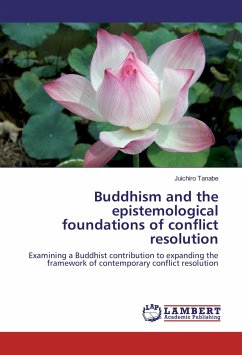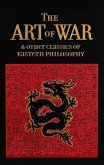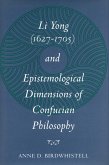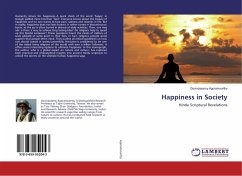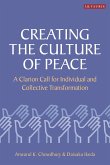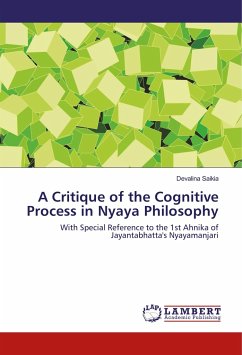Since its beginning, Western conflict resolution has shown significant development in theories and methods. However, despite its progress, contemporary Western conflict resolution is mainly structurally or institutionally oriented. Further, it has confined the understanding of human mind to social/cultural orientations, leaving an exploration of the potential of individual mind underdeveloped. Throughout its history, Buddhism has developed an analysis of how human mind becomes a root cause of conflict and how it can be addressed by gaining an insight into the social/cultural construction of mind. Combining social/cultural level of human mind and a deeper and more profound dimension of it will help us to engage a qualitatively richer analysis of the psychological dynamics of conflict and its resolution. What is offered here is neither the denial of social psychological roles nor structural and institutional dimensions of conflict resolution nurtured in Western conflict resolution.Rather, by providing it with Buddhist perspectives of the power of individual human mind, the work seeks to expand the purview of how we understand and analyze conflict dynamics and its resolution.
Bitte wählen Sie Ihr Anliegen aus.
Rechnungen
Retourenschein anfordern
Bestellstatus
Storno

